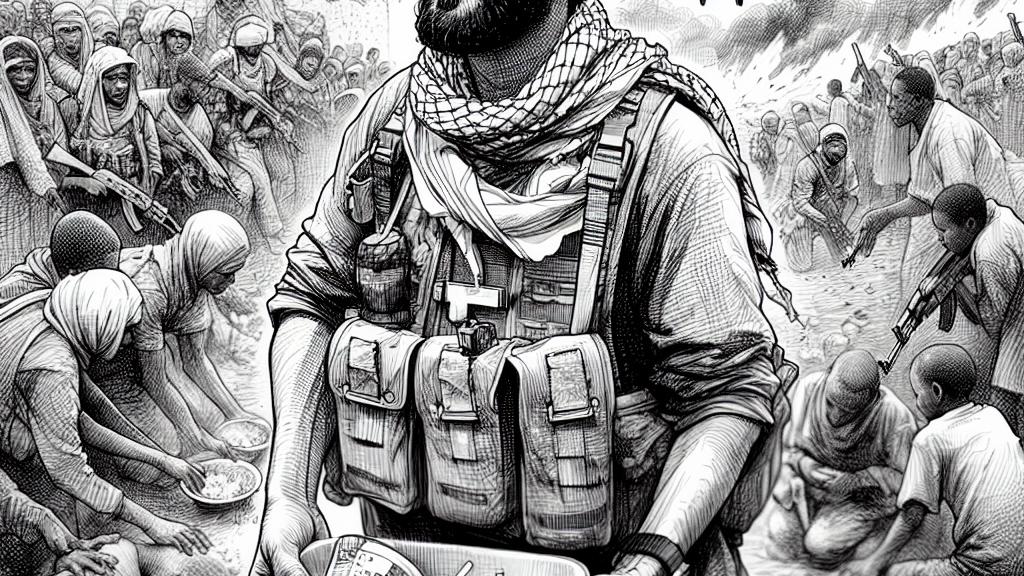Tragic Loss of Aid Worker in DR Congo Conflict
Overview
- The tragic death of aid worker Jerry Muhindo Kavali highlights the extreme dangers faced by humanitarian workers in the Democratic Republic of Congo.
- Kavali's story underscores the humanitarian crisis exacerbated by ongoing violence and conflict, affecting countless lives.
- The alarming escalation of conflict in DR Congo necessitates a swift and robust international response to protect vulnerable communities.

The Perilous Reality for Humanitarian Heroes
In the eastern Democratic Republic of Congo, a region that resembles a war zone more than a home, dedicated aid workers like Jerry Muhindo Kavali devote their lives to helping others. Recently, in a heart-wrenching turn of events, Kavali was shot while working at the Médecins Sans Frontières (MSF) office in Masisi. This town has become synonymous with violence, as armed clashes between military forces and the M23 rebel group threaten peace daily. Tragically, such incidents are not anomalies; they are a grim reality for many aid workers. Every day, these brave individuals navigate unpredictable threats, all to ensure that the most vulnerable receive essential medical care, food, and shelter. It is both courageous and heartbreaking.
The Humanitarian Crisis Intensifies
Kavali's death is not just a statistic—it symbolizes a deepening humanitarian crisis that has gripped DR Congo for over three decades. This country, rich in natural resources, is caught in a relentless cycle of violence, driven by the quest for wealth and power. Cities like Goma and Bukavu, once bustling with life, now suffer from crippling food and water shortages. Thousands of families are displaced, mourn the loss of loved ones, and face overwhelming hardships. Imagine a hospital, packed to the brim with injured civilians, where doctors work tirelessly with limited supplies, while outside, streets are filled with helpless cries for aid. This is the reality many face, and their plight demands urgent attention and action.
An Urgent Call for Global Action
Despite the clear and compelling need for action, the international community's response has been woefully inadequate. Yes, the UN Security Council has issued statements condemning the M23's actions and urged Rwanda to stop its support for rebel forces. However, mere words do little in the face of rampant suffering. The world must not overlook the desperate situation unfolding in DR Congo. If we fail to act decisively—if we do not collectively respond to this humanitarian emergency—more dedicated aid workers like Kavali will lose their lives, and countless individuals will remain marginalized and without assistance. We are at a vital crossroads: our commitment to these vulnerable communities must translate into tangible action before it is too late.

Loading...